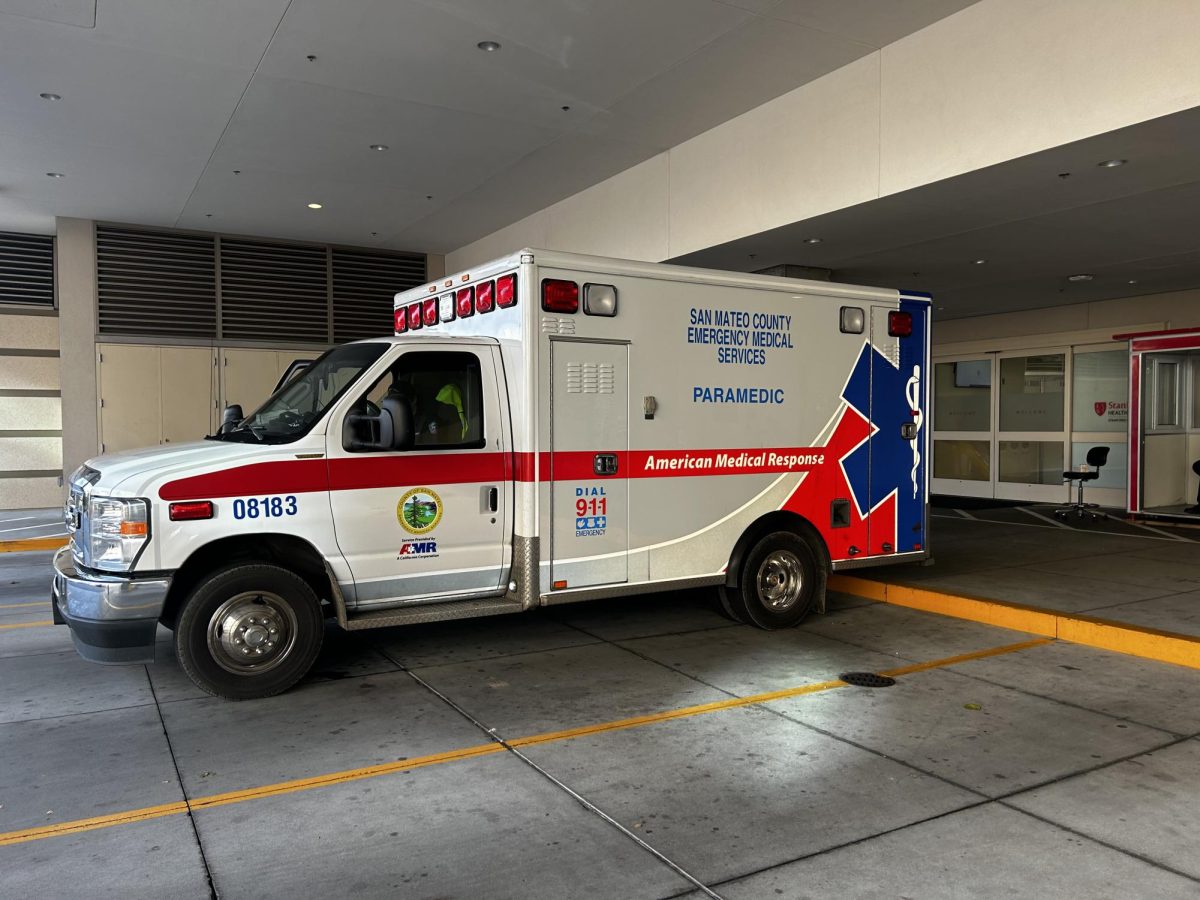Assemblymember Tasha Boerner (D-77) sponsored AB 716, a bill that prevents patients from being charged an amount that exceeds the limit set by their personal insurance for their ambulance bill.
When calling for an ambulance, many people aren’t aware that there are two types of ambulances: out-of-network and in-network. An in-network ambulance is a company that has contracted with specific ambulances and only requires a smaller or even zero dollar co-payment. In contrast, out-of network ambulances are not affiliated with your insurance and are free to bill patients whatever charge they deem necessary.
Patients have no way of knowing whether the ambulance they have received is in-network, especially in times of emergency, and are given a ride to the hospital in an out-of network ambulance.
As a result, after their visit, patients are billed an amount that their personal insurance cannot fully cover and are left with an extreme amount of money that they must pay out-of-pocket.
These bills can cost well over a thousand dollars for Californians, according to a study by the U.S. Public Interest Research Group.
This fear of high ambulance bills can cause people to not seek immediate healthcare after an injury.
Dr. Gautreau, a Stanford professor teaching emergency medicine, comments on the danger that this poses.
“Patients who have (or perceive) that they cannot afford an ambulance or hospital bills are absolutely at greater risk,” Dr. Gautreau says. “It is one of the great tragedies of our healthcare system that ability to pay so seriously affects healthcare outcomes, sometimes in ways we don’t necessarily see in the hospital.”
Not seeking immediate medical help can pose an extreme danger for one’s health and has been an issue for households that cannot afford the ambulance bill.
The Kaiser Family Foundation organized an analysis regarding “surprise” bills and found that 51% of emergency ambulance rides were charged the out-of-network fee.
AB 716 limits these “surprise” bills by enforcing that all ambulances must charge the same amount of co-pay that ambulances affiliated with their personal insurance would have billed.
For example, if a California resident has Medicare, they only have to pay the rate Medicare requires for an ambulance instead of an out-of-network company that might charge them a greater amount.
“I think this bill is a very positive step.”
Dr. Gautreau expresses his support for the bill commenting on its effectiveness.
Some hospitals already decided by policy to only bill patients at the rate that insurance would pay, for those without insurance,” Dr. Gautreau says. “This avoids the problem of patients without good financial resources being charged much more than insurance companies even for the same care.”
